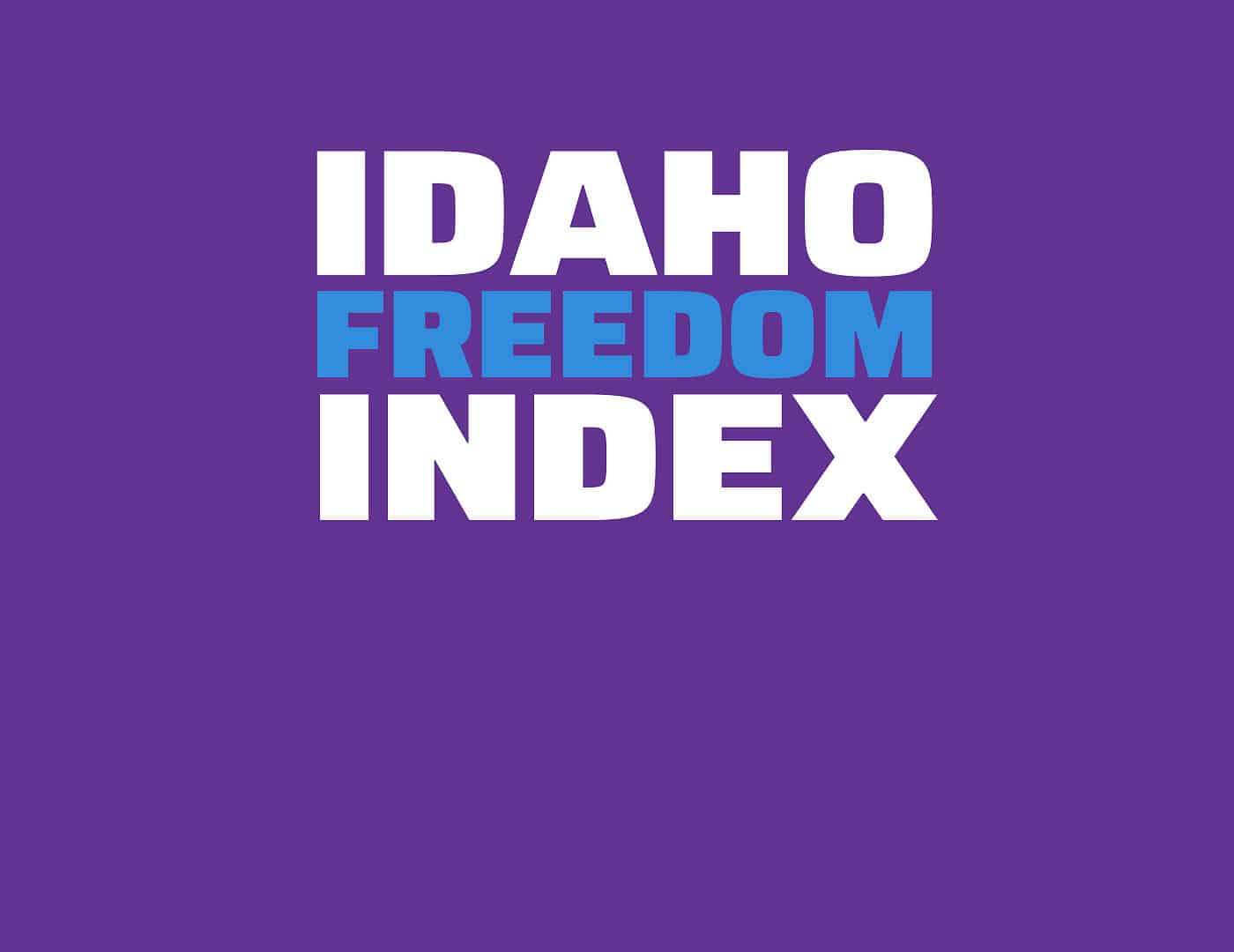


Bill Description: Senate Bill 1167 would add some reporting requirements and other tweaks to the Idaho launch grant program (HB 24) that provides taxpayer-funded subsidies to Idaho high school graduates for their college or workforce training.
Rating: 0
NOTE: House Bill 24 (Freedom Index rating: -6) was introduced earlier this session and narrowly passed the House (36-34) on Feb. 6, 2023. As of this writing, the bill has been referred to the 14th Order in the Senate for possible amendments.
As a trailer bill to House Bill 24, Senate Bill 1167 could make meaningful modifications to eliminate or reduce the significant problems that make House Bill 24 so harmful. Unfortunately, it doesn't do that. Even if House Bill 24 were directly amended to include all of the changes found in Senate Bill 1167, the resulting bill would still receive the same rating (-6).
Does it create, expand, or enlarge any agency, board, program, function, or activity of government? Conversely, does it eliminate or curtail the size or scope of government?
Senate Bill 1167 is a trailer bill to House Bill 24, which means that Senate Bill 1167 would only take effect if both bills are passed and signed into law.
Senate Bill 1167 would slightly reduce the redistributive launch grants from $8,500 to $8,000 and adjust what they can be used for, limiting them to up to 85% of "a program's total tuition and fees" and excluding room and board, or assessments and certification examinations.
The bill would add a new subsection requiring the Workforce Development Council to make a report to the Legislature on the grant program.
The bill would also add a sunset provision, but it would not take effect until July 1, 2029, six years after the bill's enactment date, which is quite long for a sunset provision.
Senate Bill 1167 would not change the fact that the Idaho launch grant program expands the size and scope of government, transfers a function of the private sector to the government, increases government redistribution of wealth, increases government spending, and violates the principle of equal protection under the law.
(0)


